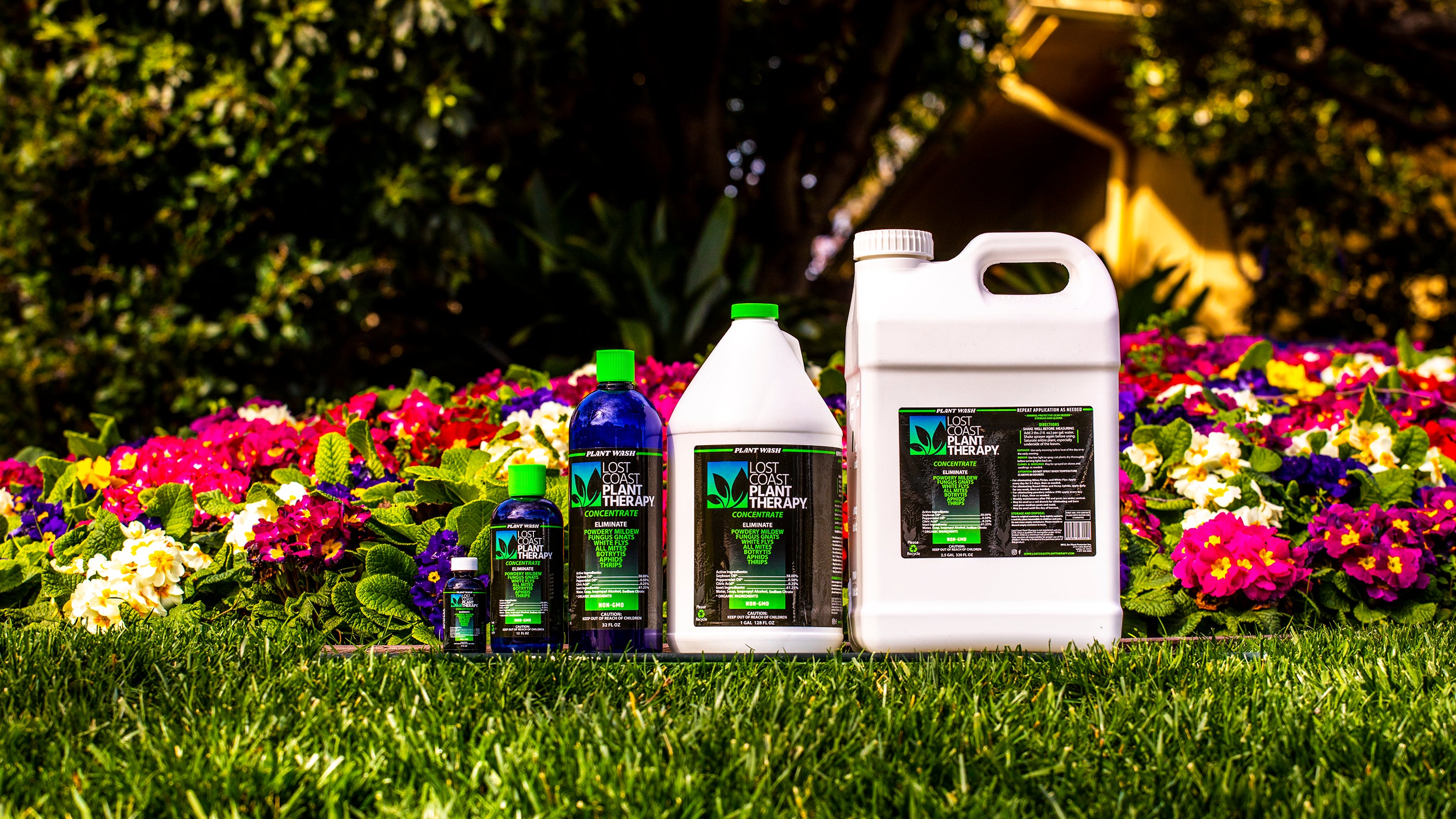Aphids are minuscule insects that threaten the well-being of a wide range of vegetation, from the delicate blooms of ornamental flowers to the hardy boughs of trees and shrubs. They feed greedily, multiply quickly, and can turn a once-thriving garden into a scene of distress.
Whether you’re a green thumb enthusiast dealing with aphids on indoor plants or trying to safeguard your outdoor garden, the sight of these small pests can be disheartening. But don't worry, getting rid of aphids naturally is completely possible.
This article is dedicated to all garden warriors looking to protect their green sanctuaries from these common pests. From understanding the types of aphids that may invade your garden to exploring ways to keep aphids away and maintain healthy plants regularly, we’ll dive into effective strategies to prevent, manage and control aphid infestations.
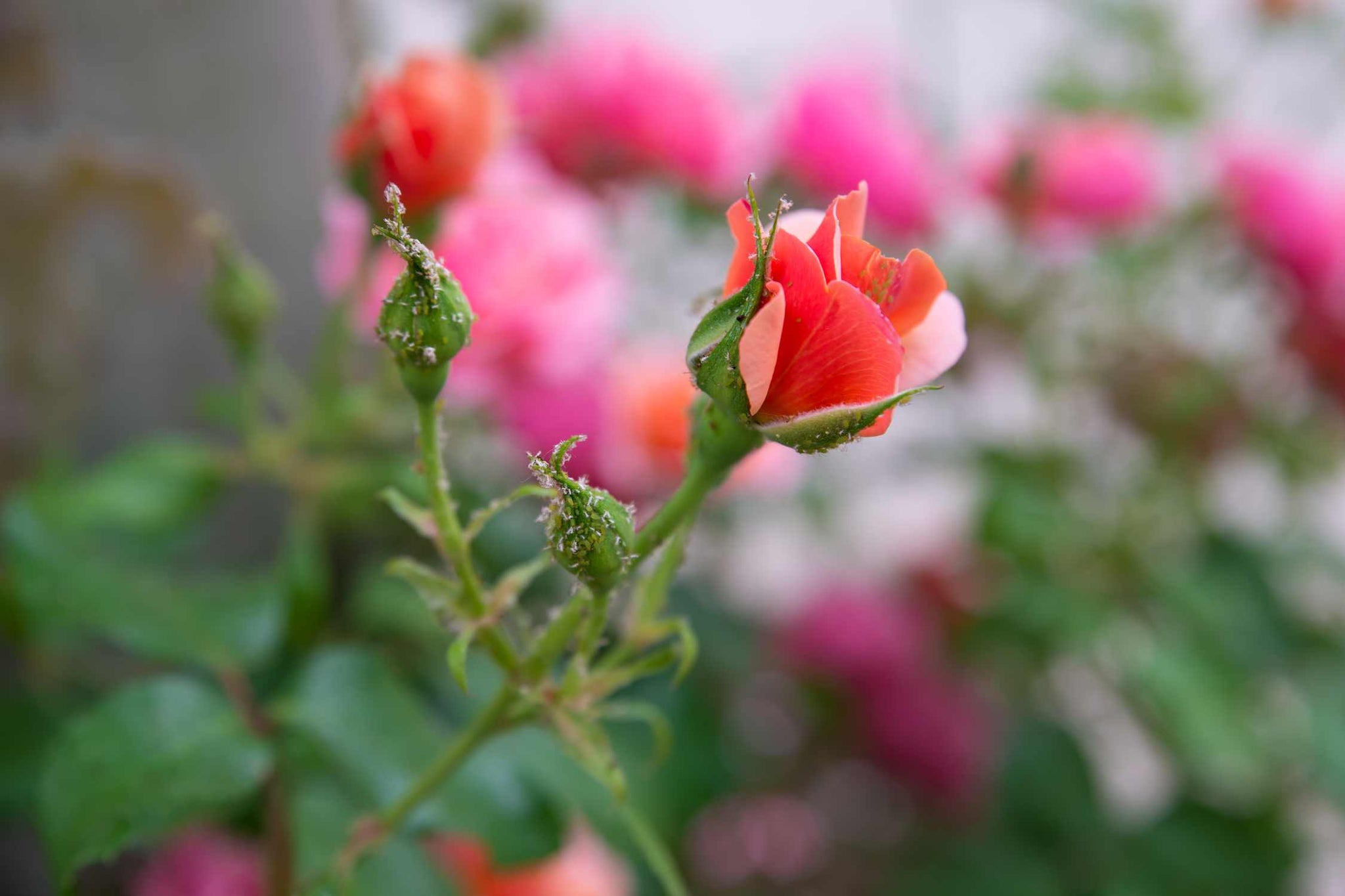
Types of Aphids: Descriptions and Different Species
Aphids are those tiny insects you might have seen clustering on your plants, turning vibrant green leaves into their personal dining rooms. They are soft-bodied and come in a variety of colors, including green, black, brown, and sometimes even pink. One thing they all have in common is their knack for showing up uninvited and making themselves right at home.
With over 4,000 species of aphids recorded, they display a remarkable diversity, though only a handful are commonly encountered as garden pests. Below are some of the most infamous aphids, each with a preference for different types of plants.
The Rose Aphid
A nightmare for rose enthusiasts, the Rose Aphid specifically targets rose bushes, sucking sap and causing damage to flowers and new growth.
The Root Aphid
Burrowers of the aphid world, root aphids attack plants from below the soil line. They target the roots, often going unnoticed until the plant shows signs of stress or decline.
The Green Peach Aphid
A versatile pest, the Green Peach Aphid, feasts on a wide array of plants, particularly fond of peach trees, but also likes ornamentals and vegetables.
The Black Bean Aphid
Recognizable by their dark color, Black Bean Aphids form dense colonies on the stems and leaves of legumes, among other plants, sapping the vigor from their hosts.
The Woolly Apple Aphid
Distinctive for its woolly appearance, it mainly attacks apple trees but can also be found on pear and elm trees.
The Cabbage Aphid
Specializes in attacking members of the brassica family, such as cabbage, broccoli, kale, and Brussels sprouts.
The Potato Aphid
Targets potatoes, tomatoes, and other solanaceous crops, as well as a broad range of other plants.
Whether you're a seasoned gardener or just starting out, knowing what you're dealing with is the first step toward maintaining a healthy, vibrant garden. If you suspect you have aphids but can't see them, look for the tell-tale signs they leave behind, such as sticky honeydew or the curling and yellowing of leaves.
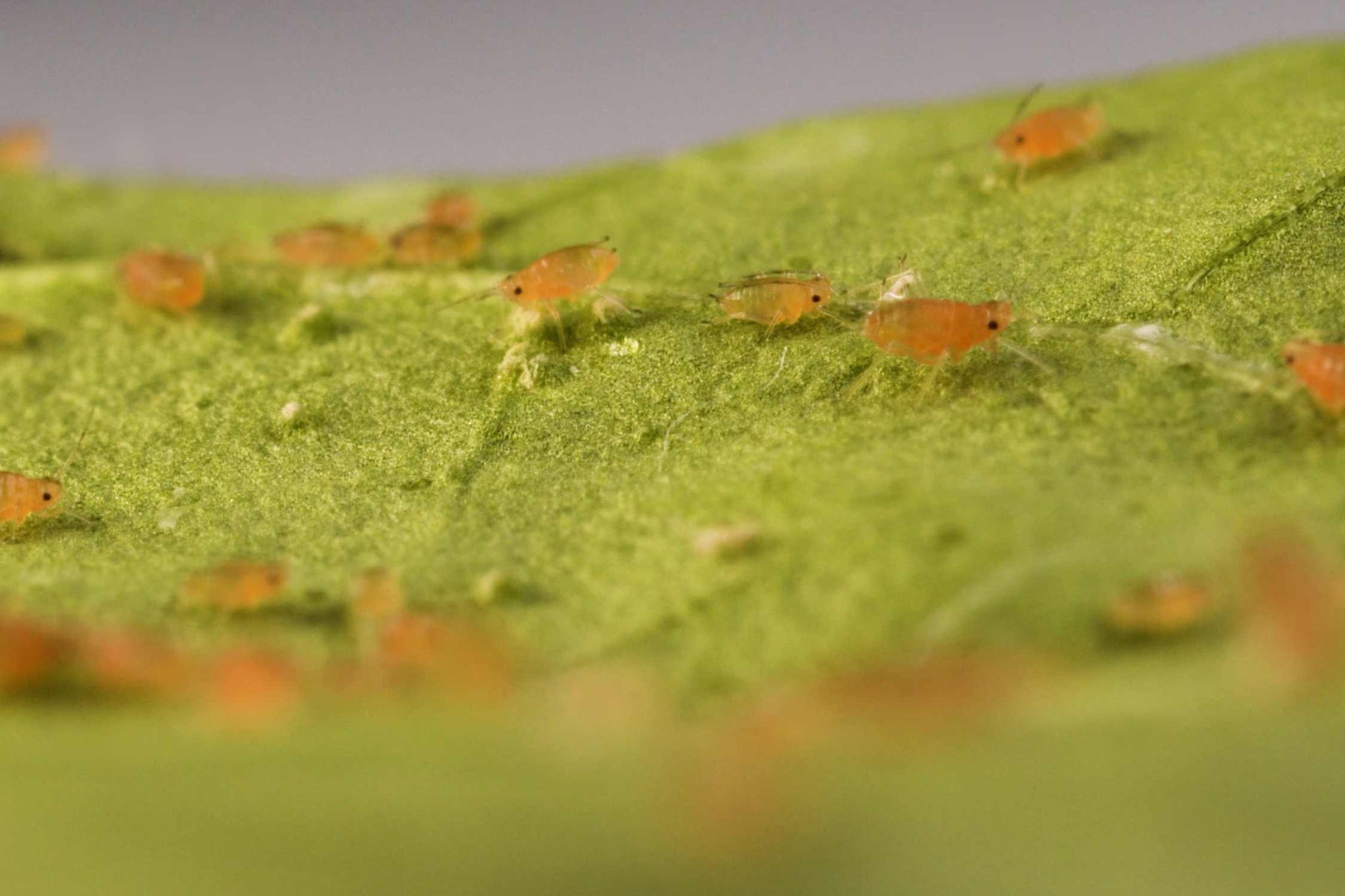
The Lifecycle and Reproduction of Aphids
Aphids have an incredibly fast reproduction rate, which is why a small problem can quickly become a full-blown infestation. Most aphids are ready to reproduce just a week after being born, this means that each aphid on your plant could potentially be the matriarch of her own vast dynasty in no time at all.
Aphids go through several stages in their life cycle, starting as eggs in colder climates or as live nymphs in warmer areas. These nymphs then mature into adults in just about 7 to 10 days. In cooler climates, aphids lay eggs that survive through the winter, tucked away in the nooks and crannies of plant stems and leaves, only to emerge as the weather warms.
This lifecycle allows them to exploit their environment effectively, taking advantage of both indoor and outdoor gardens year-round.
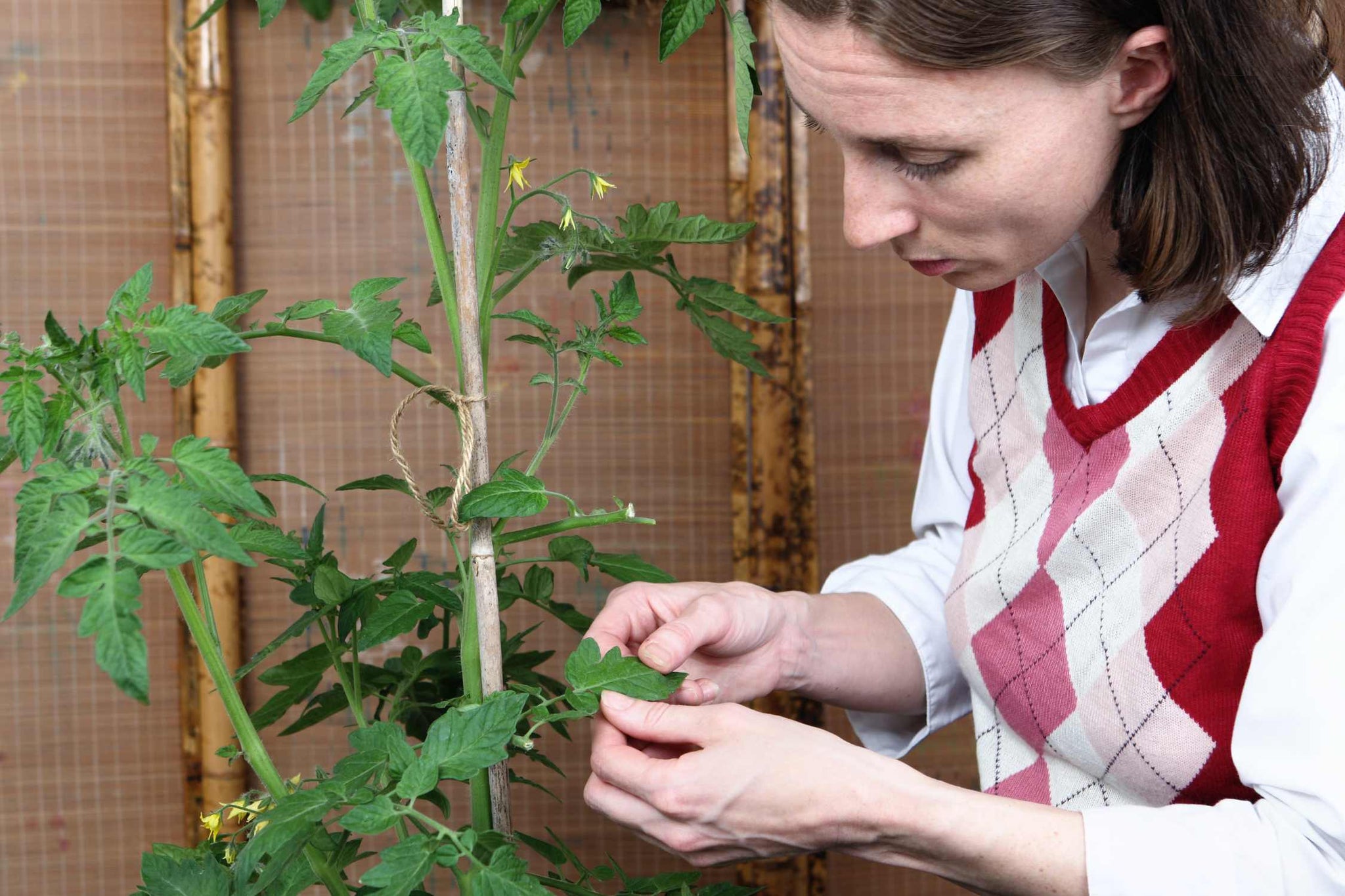
Identifying Aphid Infestations
Identifying aphid infestations early can be the difference between a minor nuisance and a major headache. Let's get down to the nitty-gritty of identifying these little invaders, ensuring your plants remain healthy and happy.
Signs of Aphid Presence on Plants
Aphids are sneaky, but they do leave clues. The first sign that might catch your eye is the congregation of small, pear-shaped bugs on the stems and undersides of leaves.
But aphids are discreet, sometimes, it's their aftermath that we notice first. Have you ever touched a leaf and found your fingers sticky? That's honeydew, a sweet, sticky substance aphids secrete after feasting on your plant's sap. Honeydew can lead to sooty mold, a black, fungus-like growth that can cover leaves and stems, hindering photosynthesis.
Another clue is the condition of your plants. Aphids sap the life out of them, quite literally. Infested plants may show yellowing, curling leaves, stunted growth, or even a general wilting, looking like they've just had the worst day ever. If you've nurtured your plants from seeds or seedlings, you'll notice these signs of distress.
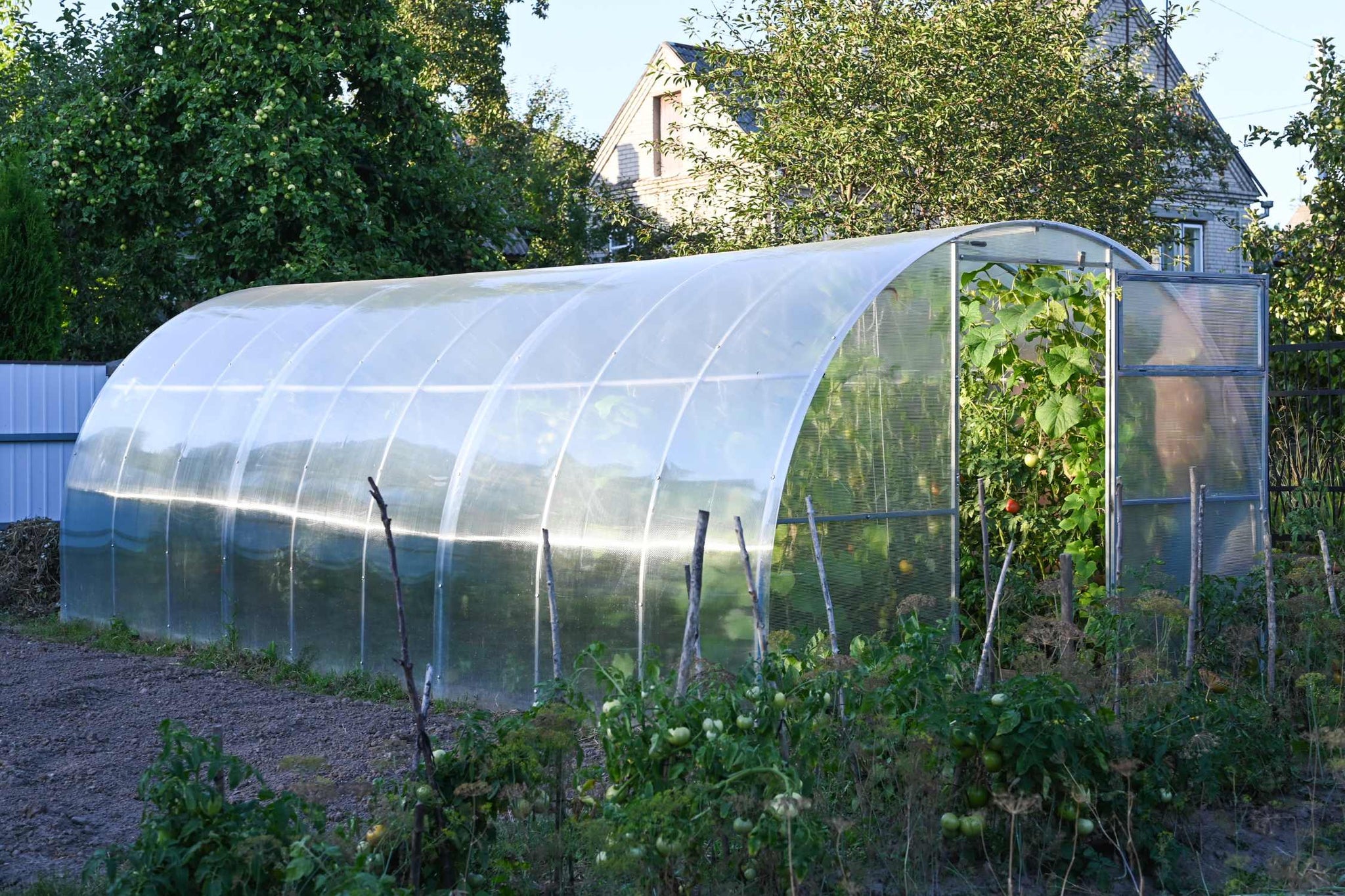
The Arrival of Aphids in Your Garden
How Aphids Find Their Way into Both Indoor and Outdoor Gardens
Aphids are not picky travelers. They can hitch a ride on new plants, blow in on the wind, or be transferred inadvertently by pets and clothing. Indoor gardens aren't safe just because they're indoors, aphids can sneak in through open windows, on fresh cut flowers, or on that new houseplant you couldn't resist at the garden center.
For outdoor gardens, aphids find a way in by being naturally adept at exploiting the environment, riding the breeze from one garden to the next.
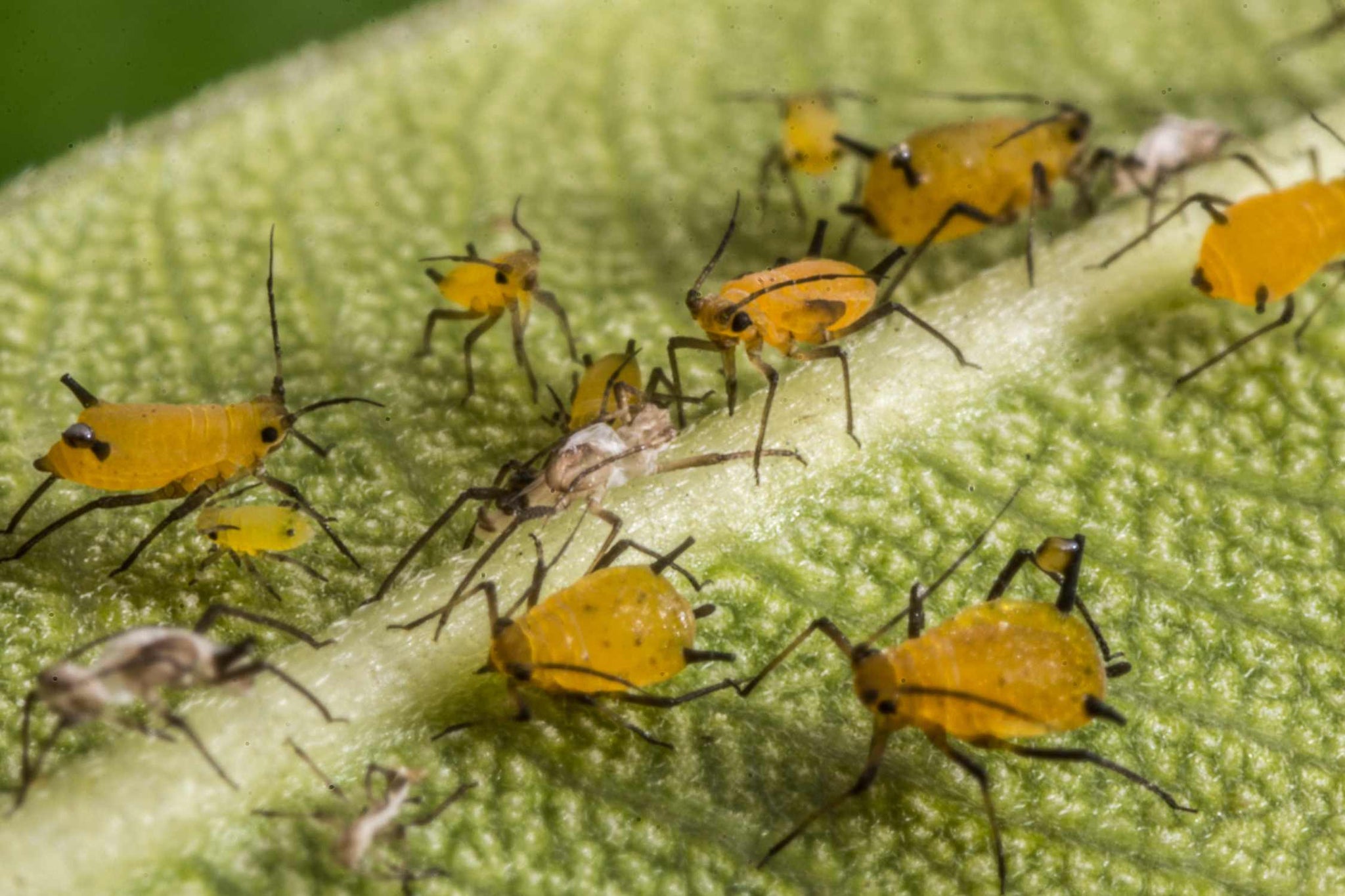
Factors That Attract Aphids to Plants
Aphids are attracted to a variety of plants, but they have a special fondness for those rich in sap and new growth.
Stress signals from plants also act as an aphid magnet. Whether it's due to under-watering, over-watering, disease, or physical damage, stressed plants might as well be sending out invitations.
And let's not forget about the warmth and shelter your garden provides, making it an ideal breeding ground for aphids looking to settle down and start a family.
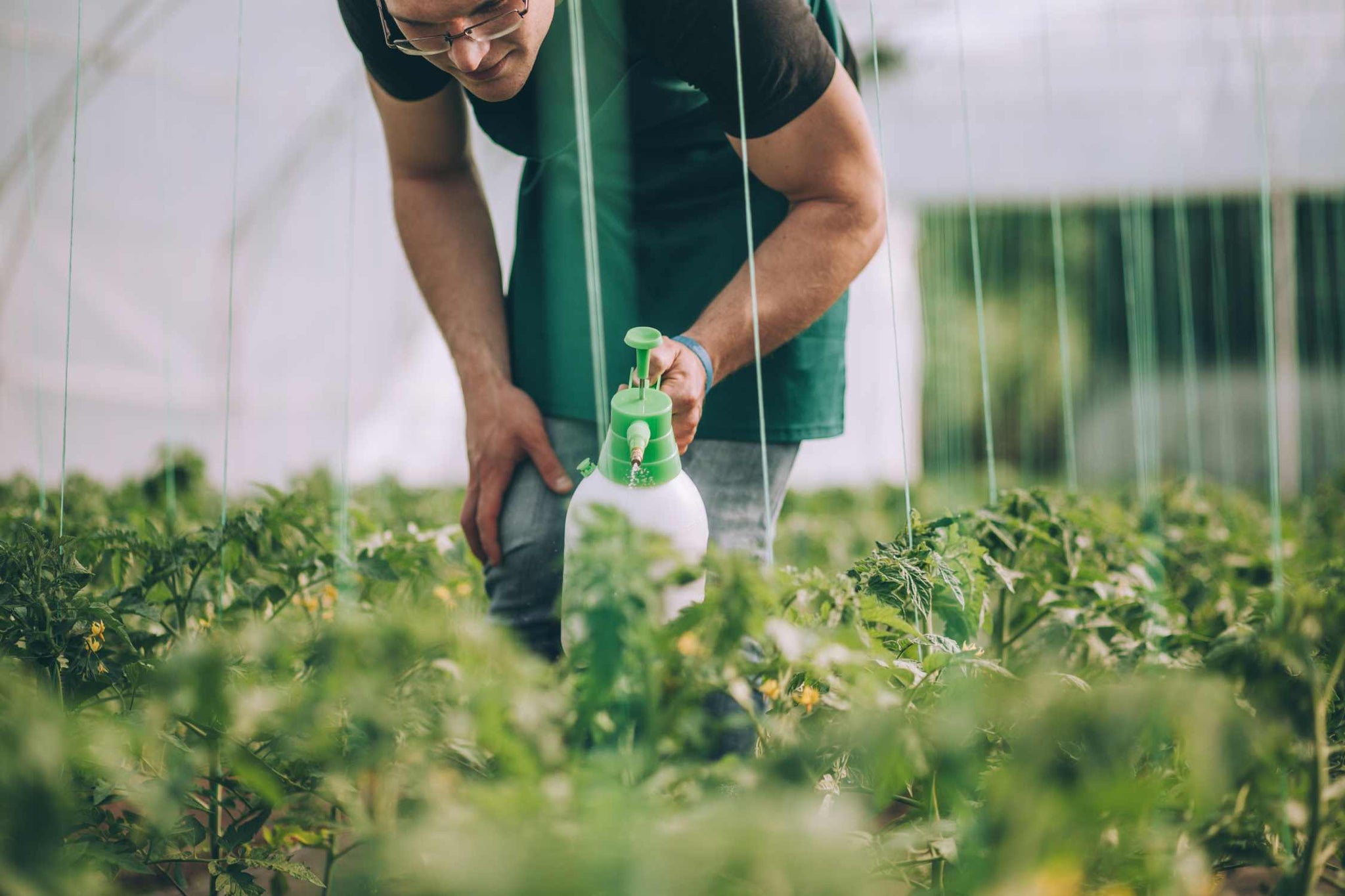
Natural Solutions for Aphid Prevention and Control
Lost Coast Plant Therapy provides an effective solution to help prevent and control aphid populations without the use of synthetic pesticides.
Importance of Choosing Gentle and Effective Solutions
Lost Coast Plant Therapy is crafted with the health of your garden and the planet in mind. Made from natural and organic ingredients, it's a minimum risk pesticide that controls aphids by suffocating them, disrupting their ability to feed on your plants without leaving harmful residues. When used as directed, it is safe for use around pets and wildlife, helping to maintain a balanced garden environment.
Using our Natural Plant Wash as part of your aphid management strategy allows you to tackle infestations effectively while maintaining the ecological balance of your garden. We strongly believe that we can protect our plants and preserve the environment simultaneously, harnessing the power of nature to create healthier, happier gardens.
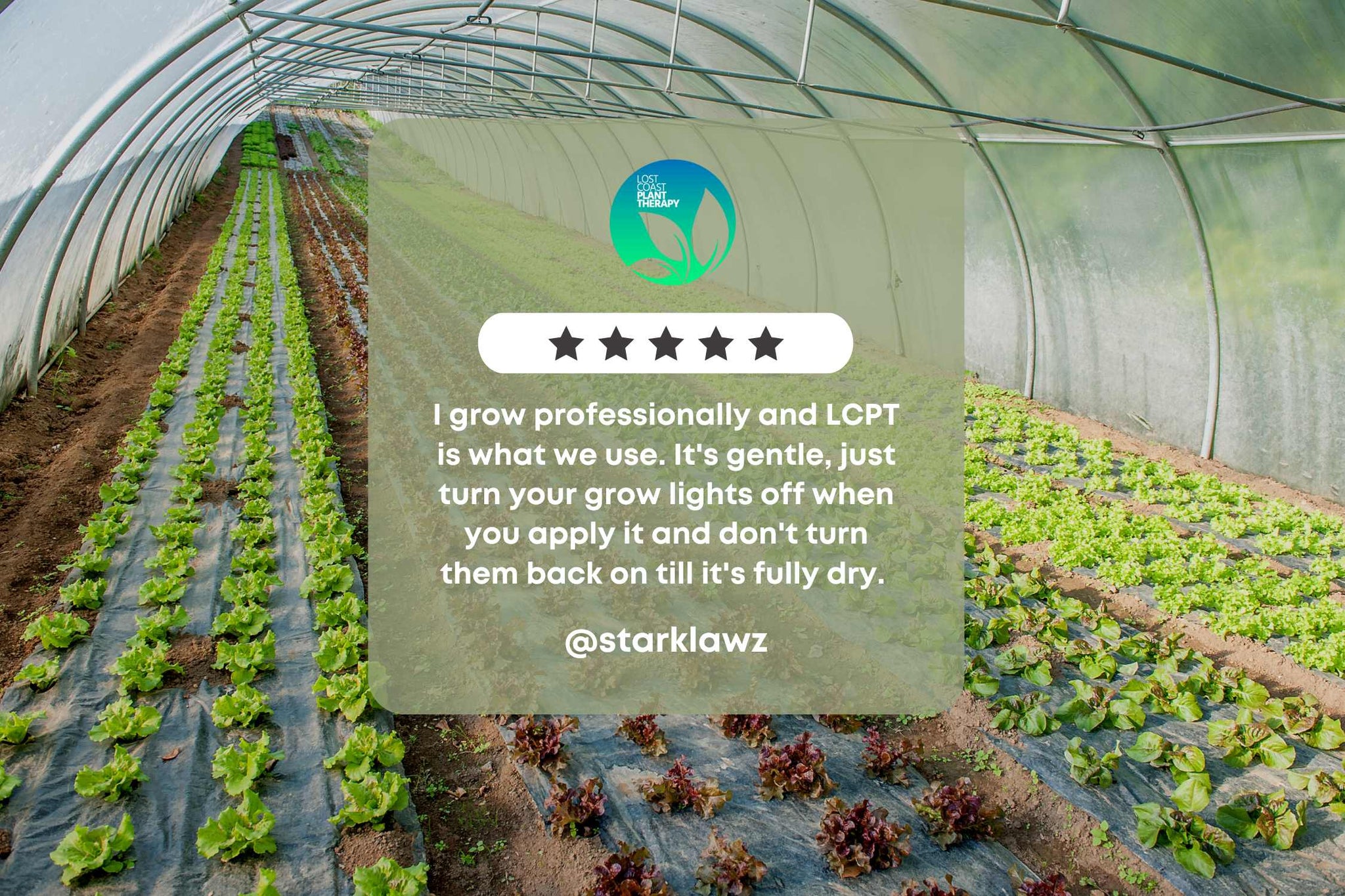
How Our Natural Plant Protector Works in Controlling Aphids
Our formulation works by coating the aphids, disrupting their ability to feed, which helps manage infestations effectively.
Additionally, this ensures that aphids cannot develop resistance to our Natural Plant Wash over time, making it a lasting solution in your gardening toolkit.
See How it Works here.
Instructions for Using Our Product Effectively
Applying our Natural Plant Protector is incredibly simple!
Here are the steps:
Shake Well: Before applying, give the mixture a good shake. This ensures the active ingredients are evenly distributed throughout.
Mix Correctly: For a standard application, mix 2 tablespoons (1 ounce) of the concentrate with 1 gallon of water. This ratio ensures the perfect balance for effectiveness and safety.
Timing is Key: The best time to apply is either early in the morning or late in the afternoon to avoid direct sunlight, which could cause the leaves to burn.
Apply Liberally: Use a spray bottle or garden sprayer to apply the mixture to your plants. Start at the base of your plant, working your way up. Make sure to cover all surfaces, including the undersides of leaves where aphids love to hide.
Let It Dry: After application, allow the plant to air dry. Lost Coast Plant Therapy dries quickly, leaving no harmful residues behind.
Repeat as Necessary: To effectively tackle issues, it often takes more than one application of our product. Missed spots could mean persistent problems, so repeating the process to ensure full coverage and direct contact with targeted insects and pathogens is crucial.
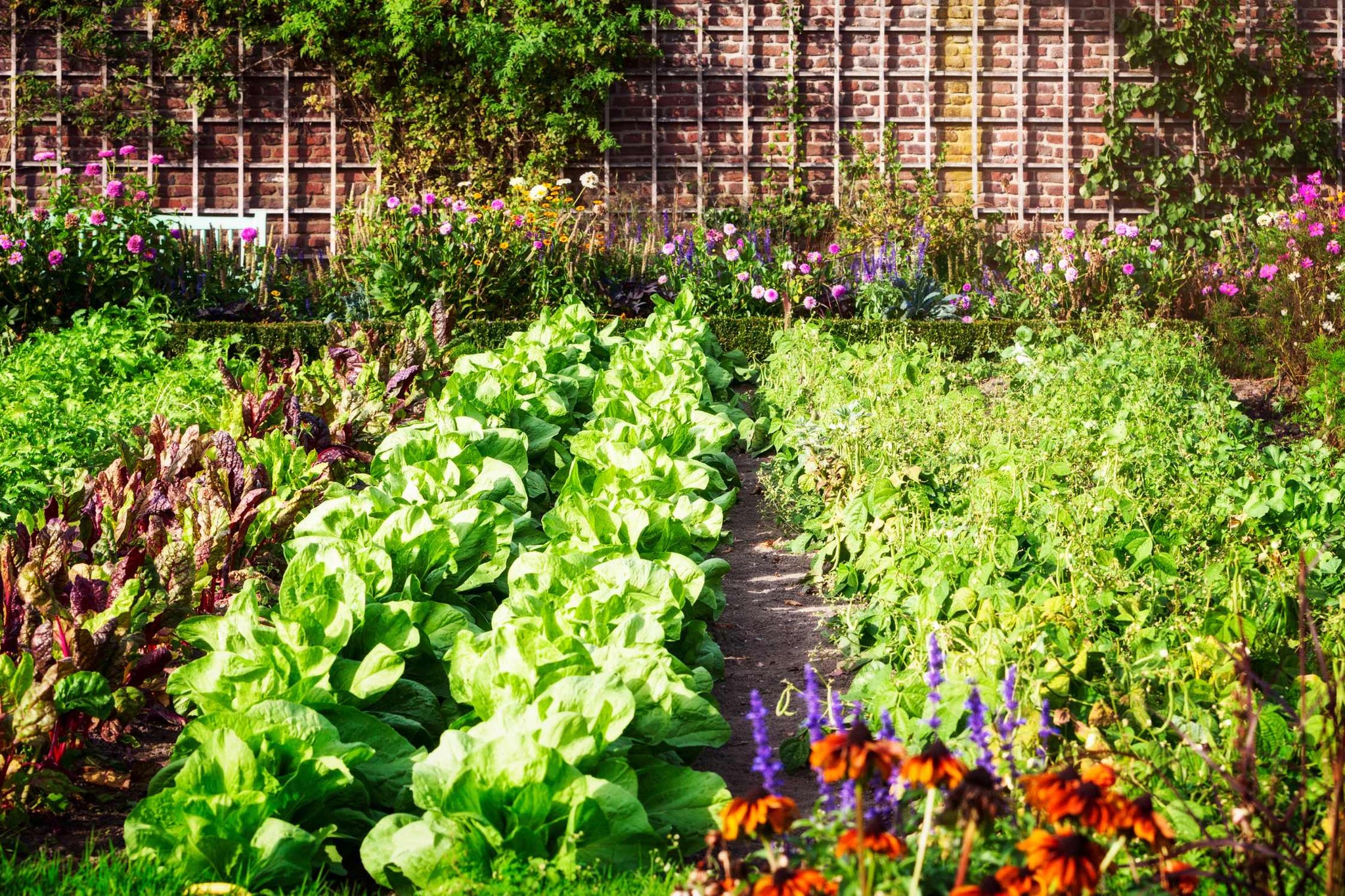
Beyond Aphids
Aphids are not the only pests to watch out for. Spider mites, whiteflies, and powdery mildew also pose significant threats to your garden's health and appearance.
Lost Coast Plant Therapy is formulated to help control a broad range of pests and diseases by interfering with their life cycles and reducing plant damage.
For example spider mites, those tiny arachnids that weave a fine web of destruction, they find themselves unable to cling to plant surfaces after a treatment. Whiteflies, which swarm in clouds at the slightest disturbance, are weighed down and rendered unable to feed or reproduce effectively. Even the fungal spores of powdery mildew, which cast a ghostly pall over leaves and stems, are washed away, their growth inhibited by the altered surface pH and the protective layer our wash provides.
Just as a gardener tends to a variety of plants, our Natural Plant Protector is like the Swiss Army knife in your gardening toolkit, crafted to help prevent and protect against garden challenges.
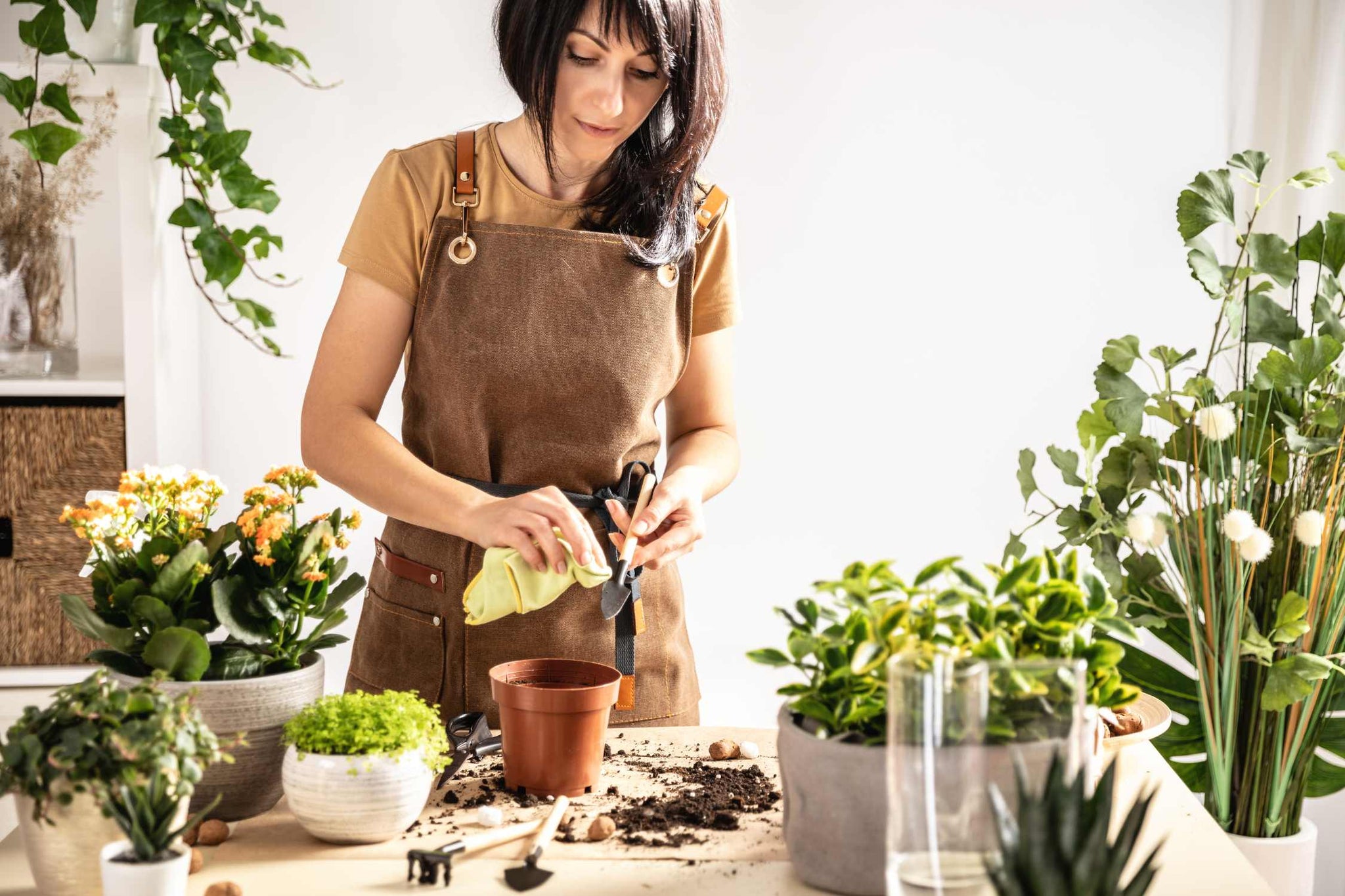
Tips for Keeping Your Garden Aphid-Free
Keeping your garden free of pests involves more than just planting seeds and hoping for the best. It’s about crafting an environment where plants can thrive, and pests like aphids may find it tough to take hold.
Keep Things Tidy: Fallen leaves and spent blooms can be an open invitation for pests. Regularly cleaning up your garden beds denies aphids the hiding spots they love, cutting down on their breeding grounds.
Water Wisely: Overwatering or underwatering can stress plants, making them more appealing to aphids. Using a drip irrigation system or watering deeply and less frequently encourages strong root growth, making plants less inviting to pests.
Nurture Your Soil: Healthy soil grows healthy plants. Incorporate compost and organic matter regularly to keep your soil full of life. Healthy plants are like strong, confident individuals—they’re much better at standing up to pests.
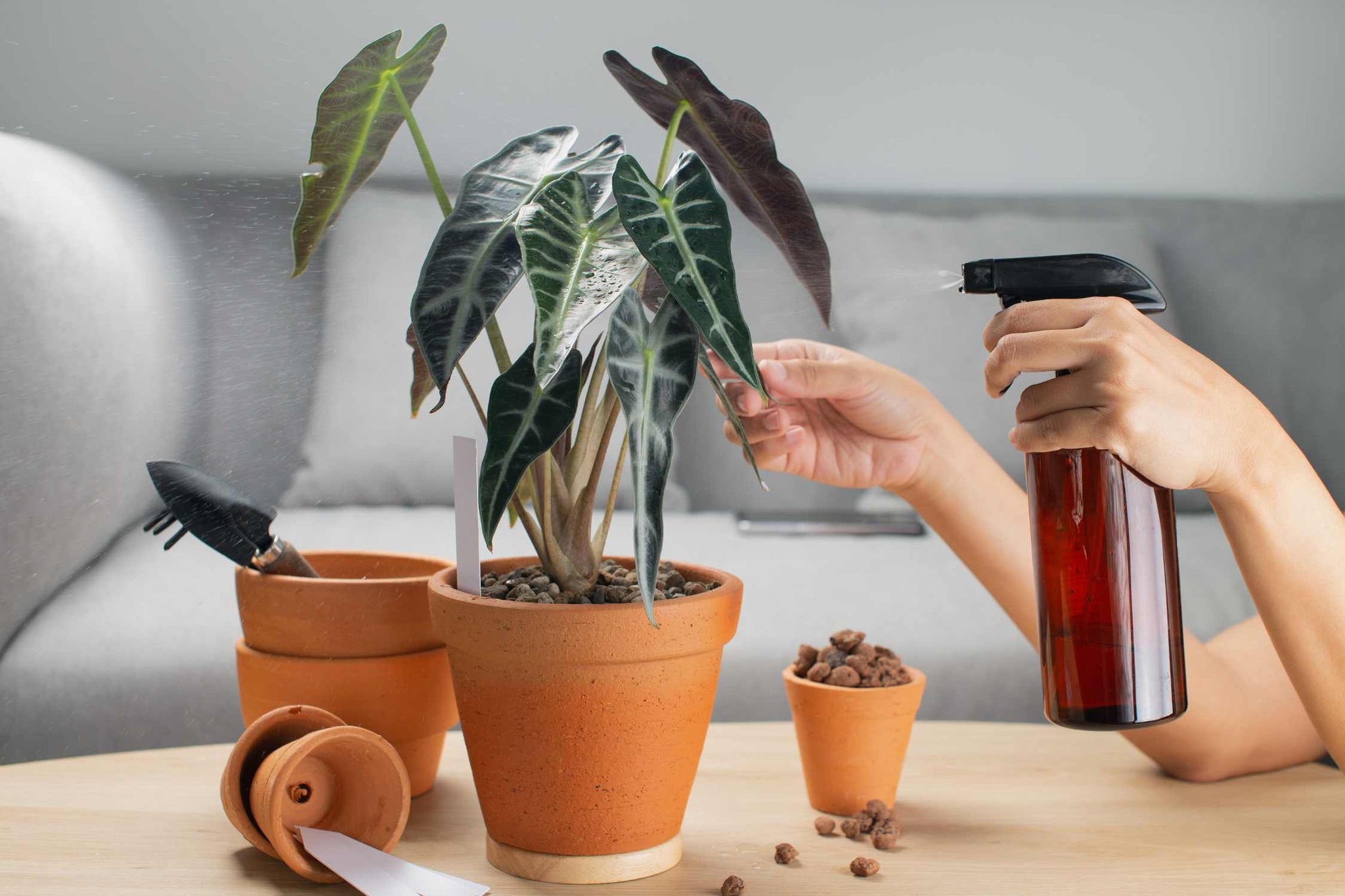
The Importance of Monitoring and Early Intervention
Regular monitoring helps you spot aphids and other pests early, before they become a major problem. It’s much easier to deal with a few aphids than a full-blown infestation.
Early Intervention is Key: At the first sign of aphids, take action by applying our Natural Plant Protector.
Stay Vigilant: Even after they seem to be gone, keep an eye on the affected plants for a while. Aphids can be persistent, and it may take a few treatments to fully manage the issue. Regular checks ensure you catch any stragglers or new arrivals.
Embrace a Routine: Incorporating these practices into your everyday gardening routine transforms them from tasks into natural habits. Dedicate a bit of time each week to garden upkeep, bearing in mind that preventing garden issues is far more effective than treating them later.

Conclusion
Gardening may sometimes present challenges, with aphids being a common one, but with the right approach, these can be effectively managed. Vigilance is key. Regularly inspecting your plants and acting swiftly at the first sign of an aphid infestation can make all the difference in maintaining a vibrant and healthy garden.
Through patient, consistent efforts and the adoption of natural and organic solutions like our Natural Plant Protector, we have the power to maintain our gardens in a state that is clean, protected, and productive. By choosing plant-based solutions, we help protect our cherished green spaces from pests like aphids while maintaining a healthy environment. This approach allows us to enjoy the fruits of our labor in harmony with nature, ensuring a healthier environment for future generations.
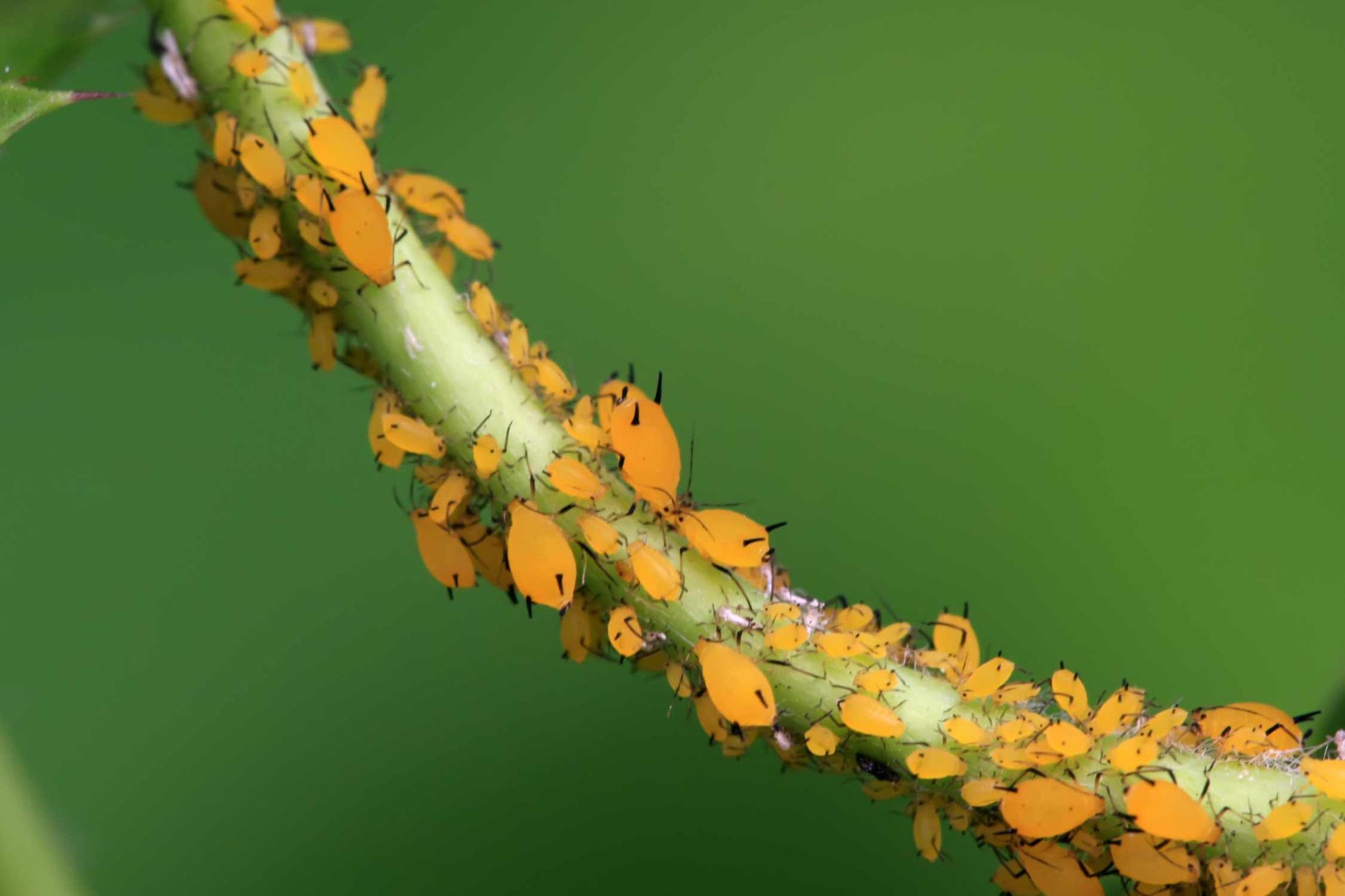
FAQ
What are aphids?
Aphids are small, sap-sucking insects that tend to infest a wide variety of plants, causing damage by extracting vital nutrients. These pests are known for their rapid reproduction rate, often leading to large colonies that can significantly harm plant health. Aphids tend to prefer tender, new growth, making early detection and control crucial for maintaining garden vitality.
What causes aphid infestations in gardens?
Aphid infestations are often the result of a combination of factors including the presence of new, tender growth on garden plants, warm weather that speeds up their reproduction cycle, and a lack of natural predators in the area. Aphids multiply quickly and can become a problem when these conditions align.
How do I know if my plants are infected with aphids?
Infected plants usually show signs such as distorted or yellowing leaves, a sticky substance known as honeydew on leaves and stems, and the presence of tiny, pear-shaped insects in various colors. Checking your plants regularly can help you spot these signs early.
Can aphids transmit diseases to plants?
Yes, aphids can transmit viruses from one plant to another as they feed. These viruses can cause significant damage to plants. It’s crucial to protect your garden by controlling aphid populations.
How can I prevent aphids from coming back?
To help prevent aphids and reduce infestations, regular application of Lost Coast Plant Therapy, when used as directed, can be an effective part of your garden maintenance strategy.
Are there any specific plants that attract aphids more than others?
Aphids are attracted to a wide variety of plants, but they tend to prefer young, tender growth. Ornamental plants, vegetables, and fruit trees can all be susceptible.
Can I get rid of aphids on indoor plants with Lost Coast Plant Therapy as well?
Yes, you can control aphids on indoor plants by applying Lost Coast Plant Therapy as directed. Be sure to isolate the infected plant to prevent the spread, regularly check your plants for signs of aphids and apply our product liberally.
Will aphids harm my vegetable garden?
Aphids can cause damage to vegetable gardens by feeding on the sap of plants, which can lead to distorted growth, reduced yields, and even plant death. Managing aphids in vegetable gardens is essential for healthy, productive plants.
How often should I check my plants for aphids?
During the growing season, it’s a good idea to check your plants at least once a week for signs of aphids or other pests. More frequent checks may be necessary if you’ve had problems with aphids in the past.
Are there any long-term solutions to get rid of aphids permanently?
While it's challenging to get rid of aphids permanently due to their rapid reproduction rates and widespread presence, adopting an integrated pest management approach and properly applying Lost Coast Plant Therapy as a preventative while following the directions on your label can significantly reduce your chance of an infestation.
See more FAQ's here.
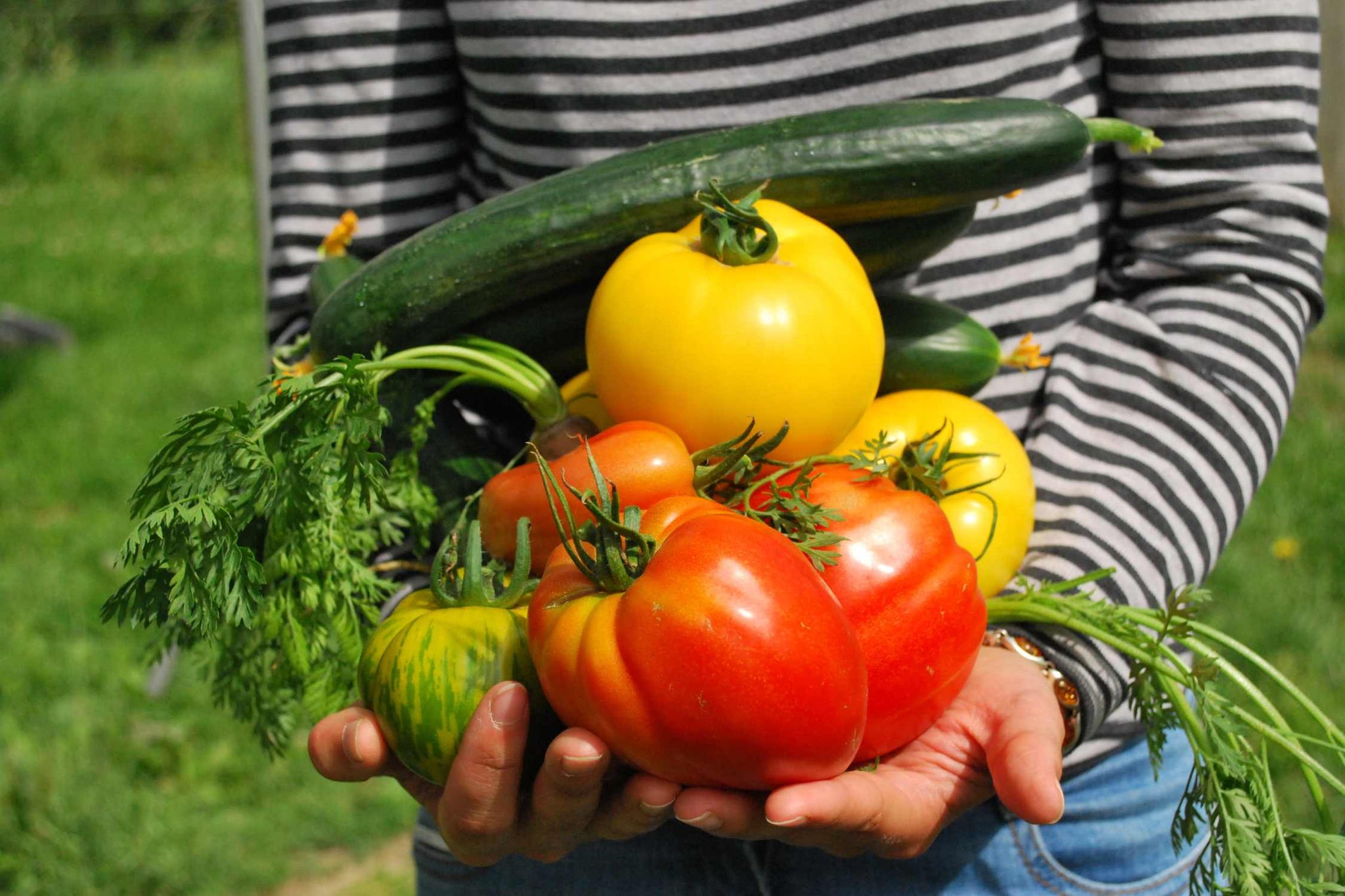
Additional Resources
Woolly Apple Aphid - Washington State University
The Green Peach Aphid - University of Florida
Common Types of Aphid - AZ animals
Aphids | Life Cycle & Reproduction
Cabbage Aphids - University of Massachusetts Amherst
Cabbage Aphids (Brevicoryne brassicae Linnaeus) - University of Florida
Aphids, in-depth- Wisconsin Horticulture
Potato Aphid (Macrosiphum euphorbiae) - Oklahoma State University


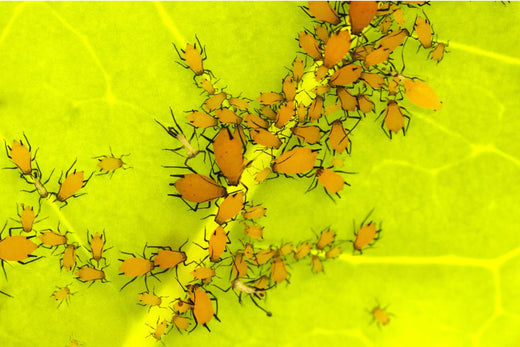

![How to Start an Indoor Vegetable Garden [Full Guide]](http://www.lostcoastplanttherapy.com/cdn/shop/articles/indoor-vegetable-garden-18_0170e0cd-c578-4351-96c5-bb90970452f3.jpg?v=1742570747&width=1100)

